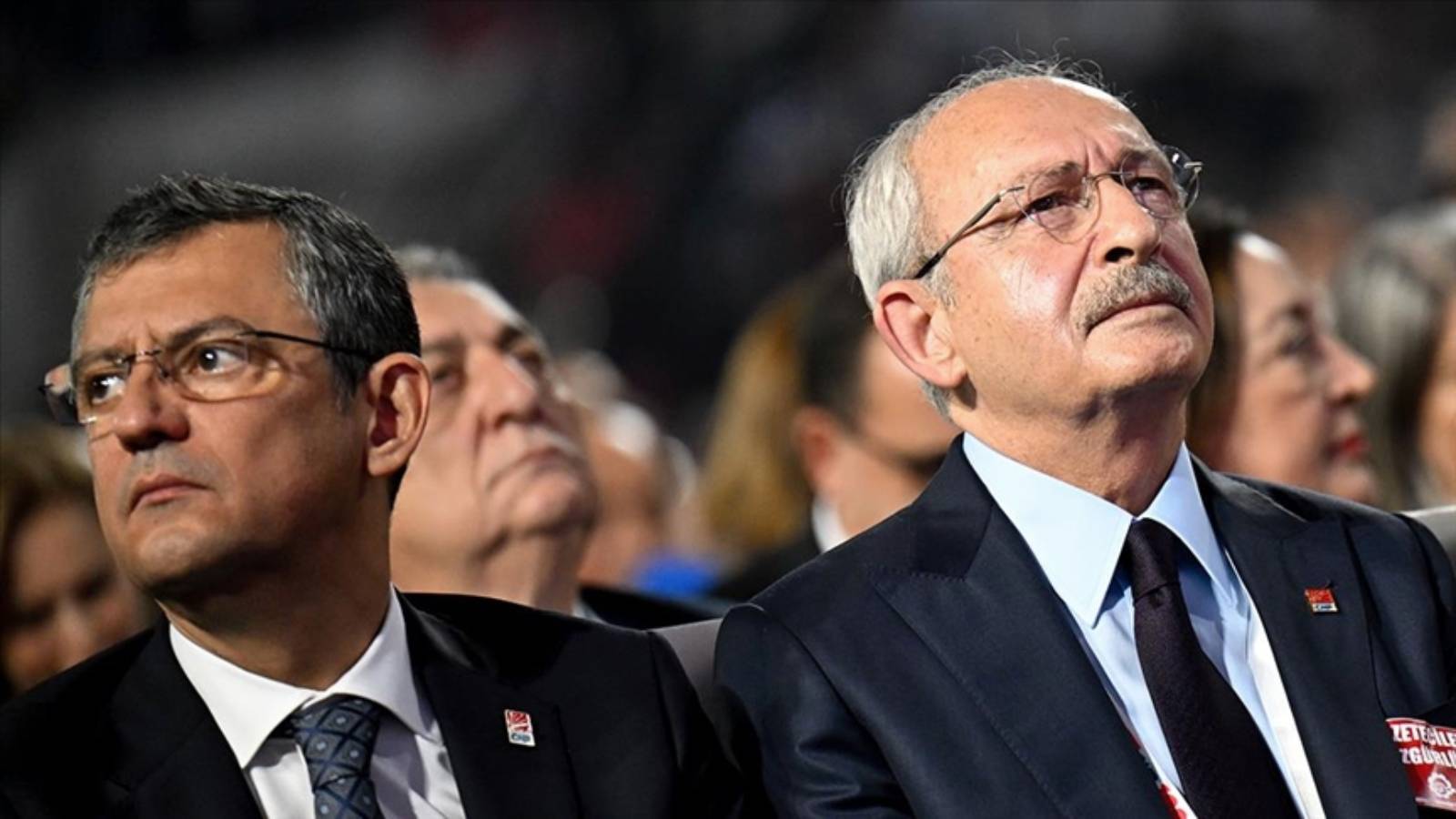As journalist Gökçer Tahincioğlu reported in T24, tensions within the party are rapidly escalating. While the CHP leadership under Chairman Özgür Özel insists that the extraordinary congress set for September 21 will go forward, figures loyal to former longtime leader Kemal Kılıçdaroğlu see a very different path—one in which legal maneuvers and court decisions could delay, or even cancel, the gathering.
At the heart of the dispute lie two high-impact rulings issued by the YSK. In its first decision, the Council addressed the CHP's crisis in Istanbul, where the provincial branch had been provisionally removed by court order. The YSK ruled that while judicial appeal processes must resolve the question of dismissal, the ongoing district and provincial party congresses could continue under its oversight. This effectively undercut the lower court's attempt to freeze the entire process, thereby confirming the legality of ongoing congressional sessions nationwide.
The second YSK decision centered on the extraordinary Istanbul provincial congress, planned for September 24 upon the demand of local delegates. Despite the appointment of a temporary "call committee," the question was whether such a congress could be convened under disputed circumstances. The YSK gave the green light, but with notable caveats: suspended members of the ousted provincial leadership and nearly 200 delegates under legal challenge cannot vote, nor can the temporary administrators themselves. This nuanced ruling suggested the party could continue navigating through stormy waters—but on a narrower legal path.
What does this mean for September 15 and 21? The current CHP leadership argues that the extraordinary congress backed by delegate signatures retains complete legitimacy, and YSK's rulings effectively enable it to proceed as planned. However, Kılıçdaroğlu loyalists present a competing vision: if the court rules against the sitting leadership on September 15, they contend that the September 21 congress will be invalid and should be blocked. Some even argue for a fresh one-year transition period under Kılıçdaroğlu's oversight, during which expulsions of internal rivals and the early designation of a new presidential candidate could take place.
This duel of legal arguments and political strategies leaves Turkey's largest opposition party at a crossroads. Analysts point out that while the law seems clear—YSK's decisions emphasize that delegate-backed extraordinary meetings cannot easily be obstructed—the real question lies in whether political and judicial institutions will enforce that clarity.
The stakes could scarcely be higher. The CHP, which secured a historic victory in the 2024 local elections, is supposed to be consolidating its gains ahead of the 2028 presidential race. Instead, it is consumed by infighting, with the specter of division growing larger by the day. Should the clash between Özel and Kılıçdaroğlu escalate, the party risks alienating voters who only months ago viewed it as the strongest alternative to long-ruling President Recep Tayyip Erdoğan's AKP.
As the September 15 court hearing approaches, the drama has begun to resemble a political chess match—with every ruling, appeal, and procedural maneuver opening and closing pathways for rival factions. For Turkish politics watchers abroad, this is not just palace intrigue inside the CHP. It is a vivid illustration of how institutional rulings, internal party democracy, and leadership rivalries in Turkey intertwine to shape the country's direction.
Whether this week will be remembered as the CHP's renewal or its unraveling remains to be seen. For now, Turkey's opposition finds itself under glaring spotlights, rehearsing for a show where the final act is still unwritten—and the audience, both domestic and international, knows the ending could decide much more than the fate of a single party.
